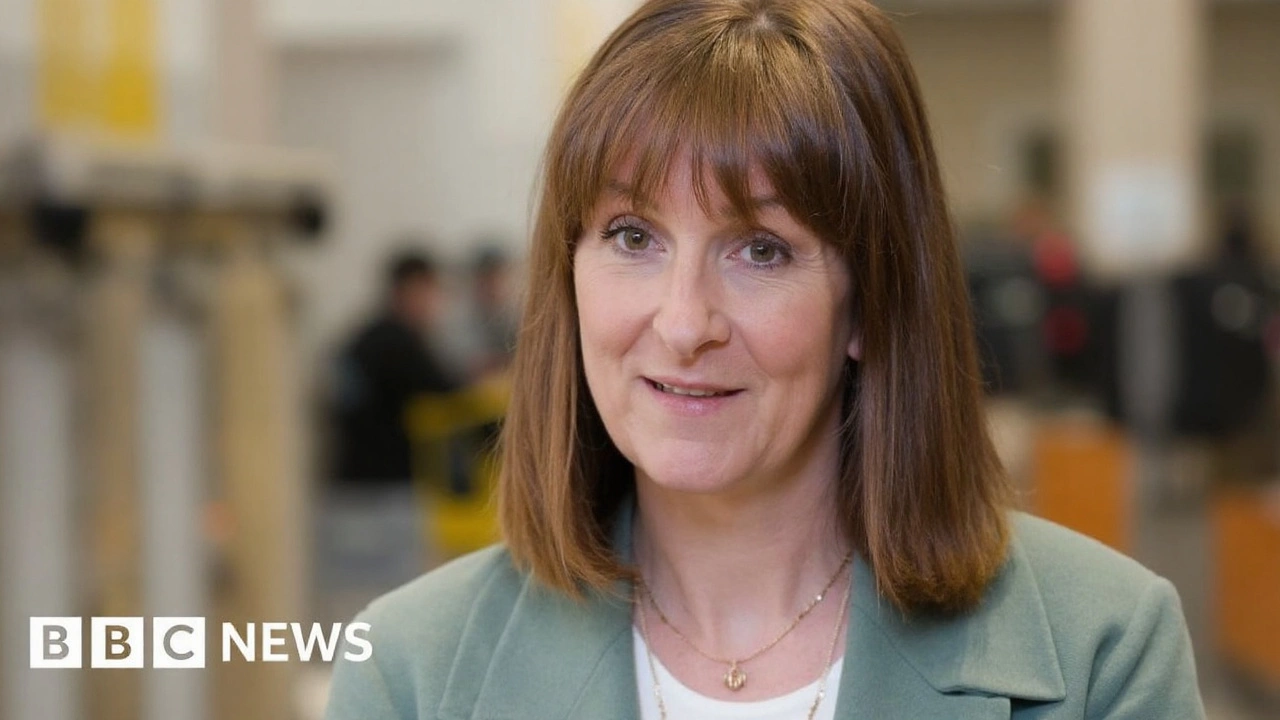British Economy: What’s Happening Right Now?
Everyone talks about the British economy, but what does that actually mean for everyday life? From the price you pay at the shop to the chance of a new job, the UK’s economic picture affects you directly. In this guide we break down the latest numbers, the policies shaping them and what you can expect in the months ahead.
Key Drivers Shaping the UK Market
First up, growth. The latest GDP figures show the UK growing at a modest 0.3% this quarter, a sign that recovery is steady but not fast. Consumer spending is holding up thanks to lower energy bills, while business investment is picking up after a year of uncertainty. Inflation, however, remains a worry. It has slipped to 5.4% after a peak of 9% last year, but the cost of food and transport still feels high for many families.
Policy is the second big piece. The Bank of England’s interest‑rate decisions dictate how cheap borrowing is for households and companies. Recent hikes aim to curb inflation, but they also make mortgages and loans more expensive. Meanwhile, the government’s fiscal plan focuses on reducing the deficit while funding public services – a balancing act that keeps analysts on their toes.
What It Means for You
If you’re looking for a new job, the labour market is showing signs of tightening. Unemployment is down to 4.2%, and many sectors – especially tech, green energy and health care – are hiring fast. That means more openings and sometimes higher wages, but also more competition for the best roles.
For anyone with a mortgage or credit card, higher interest rates could mean higher repayments. It’s a good time to check your budget, see if you can lock in a fixed rate, or consider paying down debt faster. On the flip side, savers are seeing better returns on savings accounts, so moving some cash to a higher‑interest product might make sense.
Investors need to watch the pound’s movement as well. A stronger pound can make imports cheaper but hurts exporters. Companies that rely on overseas sales may see profit pressure, while those that import raw materials could benefit from lower costs.
Finally, regional differences matter. London and the South East still pull ahead in wages and job opportunities, but cities like Manchester, Birmingham and Glasgow are catching up with new tech hubs and infrastructure projects. If you can be flexible about location, you might find better chances outside the capital.
In short, the British economy is moving forward at a measured pace. Inflation is easing, growth is modest, and job markets are tightening. Keep an eye on interest‑rate changes, watch for wage trends, and think about how regional shifts could open new doors. Staying informed helps you make smarter choices for work, money and the future.





